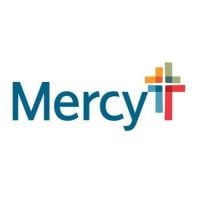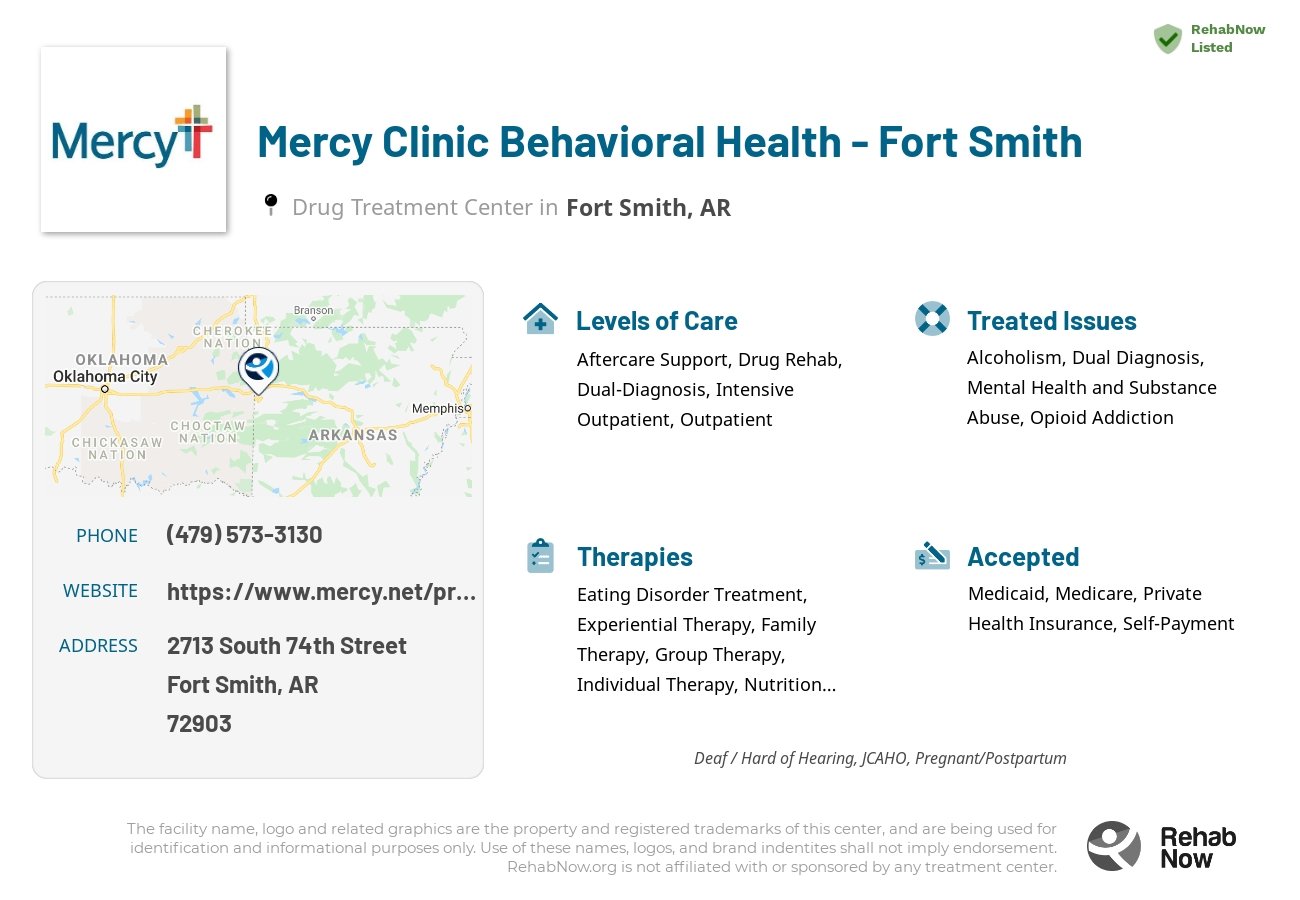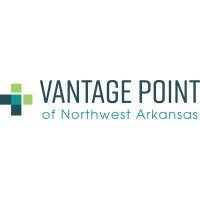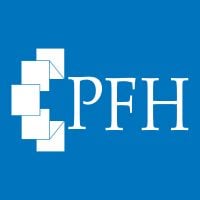Mercy Clinic Behavioral Health - Fort Smith
Drug Rehab Center in Fort Smith, Arkansas
The Mercy Clinic Behavioral Health facility in Fort Smith, Arkansas offers comprehensive addiction and mental health treatment services, including medication-assisted treatment, personalized therapy plans, and additional supportive services to help patients recover and lead healthier lives.
About This Arkansas Facility
Mercy Clinic Behavioral Health in Fort Smith, Arkansas, stands out as a comprehensive mental health hospital integrating a variety of behavioral health treatment and support programs. Ideally located near Carol Ann Cross Park, this nonprofit facility is dedicated to serving adult clients with a spectrum of disorders, providing a personalized and holistic approach to treatment that includes both inpatient and outpatient services.
- Personalized Treatment Plans that focus on the unique needs of each client, addressing specific disorders such as psychotic, mood, and personality disorders, alongside co-occurring addiction issues.
- Comprehensive Care Levels offer everything from inpatient care for severe cases to outpatient programs designed for less intensive care, ensuring a continuum of support.
- Dual Diagnosis Treatment effectively targets the symptoms of mental illness and addiction simultaneously, improving overall treatment outcomes and reducing the risk of relapse.
Accredited by The Joint Commission and licensed by the Arkansas Department of Health, Mercy Clinic Behavioral Health commits to maintaining high standards of care. Their offerings span from inpatient to aftercare services, accommodating clients across different stages of recovery. The facility's reliance on evidence-based therapies, including cognitive behavioral therapy, underscores its dedication to effective treatment modalities.
Focusing on diverse issues ranging from psychotic and mood disorders to personality and co-occurring disorders, Mercy Clinic Behavioral Health tailors its therapeutic approaches to individual needs. Utilizing cognitive behavioral therapy, family therapy, and more, it offers targeted support across various levels of care to facilitate long-term recovery.
Genders
Ages
Modality
Additional
Accreditations

JCAHO
Conditions and Issues Treated
Opioid addiction is the result of repeated use, or abuse, of opioid drugs. It is recommended for people who are dependent on opioids, or who have a high risk for dangerous health concerns, to seek professional treatment. Treatment plans usually include behavioral therapy and medication-assisted treatment.
Opioid drugs include: fentanyl, heroin, methadone, oxycodone, and oxymorphone.
Opioid addiction treatment is beneficial for:
- People who have a history of severe withdrawal.
- People with a high risk for dangerous health concerns.
- People having difficulty overcoming opioid addiction on their own.
There are different kinds of Dual Diagnosis:. A person who simultaneously experiences both a mental illness and an addiction disorder. Or, a person who experiences one or more coexisting (simultaneous) mental health conditions in addition to a primary substance use disorder.
The treatment requires a multi-disciplinary approach, it’s crucial for individuals to partner up with a healthcare provider who understands all the recovery components.
Levels of Care Offered at Mercy Clinic Behavioral Health - Fort Smith
This center offers a variety of custom treatment tailored to individual recovery. Currently available are Aftercare Support, Drug Rehab, Dual-Diagnosis, Intensive Outpatient, Outpatient, with additional therapies available as listed below.
An Intensive Outpatient Program (IOP) is a form of drug treatment that allows individuals to receive the therapy they need while remaining in their homes and community.
An IOP is typically 3-5 days per week, at least 4 hours each day of treatment. Treatment can last for a few months or longer, depending on the situation.
An IOP is a step down from an inpatient treatment center and can be used as a step down from an inpatient stay or as a more intense form of outpatient treatment. IOPs allow for the flexibility to continue working and living at home while still meeting treatment demands.
The outpatient programs in Fort Smith, AR are for those addicted drugs or alcohol. The goal of the outpatient rehabilitation program is to make them stop abusing drugs or alcohol, reduce drug use or addictive behaviors, and become entirely sober. It is generally required to attend the outpatient program for 10-12 hours every week.
Patients can be administered on-the-spot medication to ease withdrawal symptoms such as anxiety, increased heart rate, and even depression. Groups such as Alcoholics Anonymous (AA) and Narcotics Anonymous (NA) can be used as a part of outpatient treatment to help maintain sobriety.
Aftercare support is a service many addicts need to ensure their success at recovery. This service usually includes one-on-one or group therapies, assistance from a sponsor and other types of help designed to make sure the patient continues living a life free from drugs.
Patients also may require medication to help them battle addiction. Some people have been able to successfully recover without additional medications, but others have found that they need help during their transition. Long-term, the patient must take the initiative to attend meetings and receive help from other addicts in recovery.
Therapies & Programs
People in addiction recovery can benefit from individual therapy. This type of therapy involves meeting with a therapist one-on-one. This allows for a personal and trusting relationship to be built so that the patient can be truly themselves and express any emotions they feel. Individual therapy leads to greater understanding and peace about your triggers for addiction and coping strategies to prevent relapse.
Family therapy is a type of group problem-solving that aims to improve communication and relationships between the patient, their family, and sometimes friends. The main goal of family therapy for drug addiction is to create an environment where communication can occur without judgment, hostility, or blame. The therapist is with the family as they learn to communicate with each other differently, especially with the addict when s/he is using.
Group therapy sessions are held in rehab facilities, clinics, churches or community centers that offer drug addiction treatment. People who attend these groups are encouraged to voice their feelings and support other addicts in recovery. This helps group members strengthen their own recovery program while cheering on others who are struggling with sobriety.
Group therapy sessions provide recovering addicts with a chance to cope with everyday situations that many face. Group therapy sessions are held in rehab facilities, clinics, churches or community centers that offer drug addiction treatment.
People who attend these groups are encouraged to voice their feelings and support other addicts in recovery. This helps group members strengthen their own recovery program while cheering on others who are struggling with sobriety.
If you’re looking for addiction treatment, it’s important to find a facility that offers trauma therapy. This type of therapy helps people process and understand the past traumas that have led to their addiction. Trauma therapists will work with clients to help them understand their past and present relationships and show them that they are worthy of love. This therapy is typically done using visualization, discussion, and writing down thoughts and feelings.
Trauma Therapy is a form of therapy that involves working with a patient to help them process and understand the past trauma(s) in their life. This therapy is typically done using techniques such as visualization, discussion, and writing down thoughts and feelings. The main goals of trauma therapy is to help clients express their emotions and talk about what they are feeling.
Cognitive Behavioral Therapy (CBT) helps addicts identify faulty, negative thinking so that they can work together with the therapist to find healthier ways of thinking. CBT focuses on specific aspects of each person’s thinking, feeling, physiology, and behavior. It aims to identify specific problems in these areas, and create a personalized treatment strategy.
Addicts often experience intense cravings for sugary foods during recovery. By teaching addicts how to eat well and stay healthy, therapists can help them manage their cravings over the course of treatment.
During these sessions, Fort Smith, Arkansas dietitians and therapists will offer advice about healthy eating options and teach addicts how to make specific changes in their diet that can help reduce the effects of cravings during recovery.This type of therapy is often used in conjunction with other types of addiction treatment services. By identifying specific triggers and developing strategies to help addicts avoid relapse, most individuals can overcome their cravings and stay sober for good after they finish rehab.
The first step to becoming a non-smoker is the choice to quit smoking. Nicotine replacement therapies are effective because they provide you with the nicotine you are addicted to without inhaling carcinogens from cigarettes.
There are several types of NRT. These include:
- Nicotine gum
- Nicotine patches (transdermal systems)
- Nasal spray
- Lozenges
The benefits to using NRT can include:
- Reduce the risk of heart disease and cancer
- Reduce the anxiety and irritability associated with quitting smoking
- Reduce the risk of type II diabetes.
- Improved fertility in women
Patient Experience
Experiential Therapy at Mercy Clinic Behavioral Health - Fort Smith
Experiential Therapy allows addicts to release emotions in a safe environment. The process involves addicts painting their feelings and releasing them on a canvas. LPE – Love, Peace, and Equilibrium is one of the most popular forms of experiential therapy.
Payment Options Accepted
For specific insurance or payment methods please contact us.
Is your insurance accepted?
Ask an expert, call (888) 674-0062
Mercy Clinic Associated Centers
Discover treatment facilities under the same provider.
- Mercy Clinic Behavioral Health - Lowell in Lowell, AR
- Mercy Senior Behavioral Health - Ardmore in Ardmore, OK
- Mercy Clinic Behavioral Health - Oklahoma City in Oklahoma City, OK
- Mercy Clinic Behavioral Health - Ada in Ada, OK
Learn More About Mercy Clinic Centers
Additional Details
Specifics, location, and helpful extra information.
Fort Smith, Arkansas 72903 Phone Number(479) 573-3130 Meta DetailsUpdated April 15, 2024
Staff Verified
Patient Reviews
There are no reviews yet. Be the first one to write one.
Fort Smith, Arkansas Addiction Information
Arkansas has one of the highest rates of substance abuse and addiction in the nation for drug overdoses. Methamphetamines and prescription opioids are by far the most widely abused drugs in the state. Despite the high rates, Arkansas ranked only 25th in the for drug overdose deaths in 2013.
Treatment in Nearby Cities
- Danville, AR (58.0 mi.)
- Augusta, AR (168.5 mi.)
- Pine Bluff, AR (154.4 mi.)
- Magnolia, AR (157.8 mi.)
- Hardy, AR (173.9 mi.)
Centers near Mercy Clinic Behavioral Health - Fort Smith
The facility name, logo and brand are the property and registered trademarks of Mercy Clinic Behavioral Health - Fort Smith, and are being used for identification and informational purposes only. Use of these names, logos and brands shall not imply endorsement. RehabNow.org is not affiliated with or sponsored by Mercy Clinic Behavioral Health - Fort Smith.









